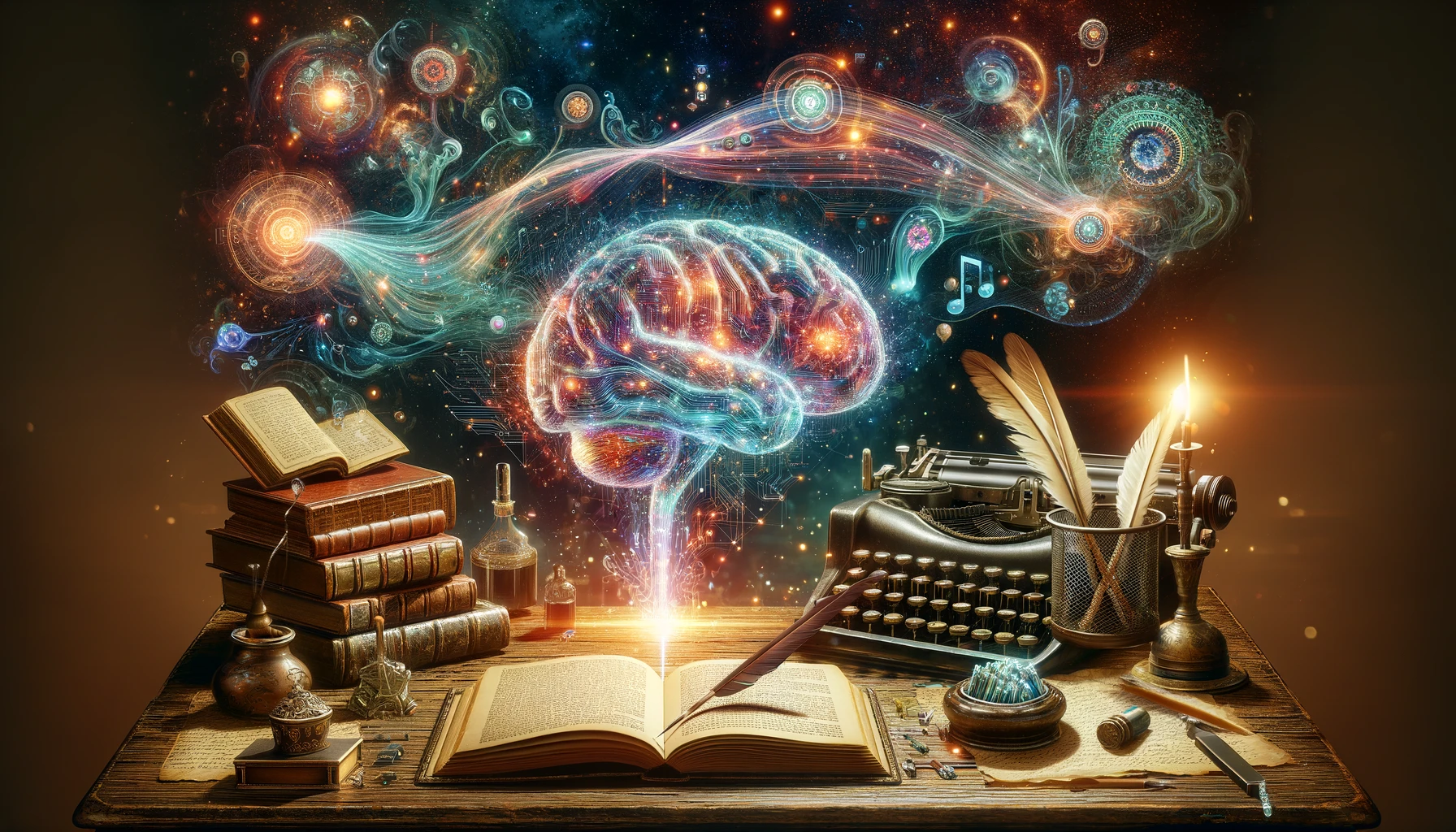Introduction
The landscape of content creation is undergoing a significant transformation fueled by the emergence of artificial intelligence (AI). While the initial introduction of AI writing tools sparked debate and concerns, their capabilities have steadily advanced, prompting a reassessment of their potential impact. This comprehensive guide delves into how AI, when harnessed responsibly, can unlock new levels of creativity and efficiency in the content creation process.
From Skepticism to Collaboration: Understanding AI’s Role in Writing
Early AI writing tools were met with skepticism due to their limitations in mimicking human creativity and understanding the nuances of language. However, significant advancements in natural language processing (NLP) and machine learning have transformed these tools into valuable collaborators, offering a range of functionalities that support, not replace, human writers.
Here’s a glimpse into what AI writing tools can do:
- Analyze writing styles and adapt: AI can analyze the characteristics of various writing styles, from formal reports to casual blog posts, and tailor its output accordingly.
- Generate diverse content formats: Some AI tools can create various content formats, including blog posts, product descriptions, social media captions, and even scripts.
- Paraphrase and summarize existing content: AI can rephrase existing content to improve clarity or generate concise summaries of longer texts.
- Assist with research and data analysis: AI can help gather relevant information for your content by analyzing vast data sets and identifying key points.
Unleashing the Potential: Benefits of AI-powered Content Creation
Integrating AI into your content creation workflow offers several advantages:
- Enhanced Efficiency: AI tools can streamline repetitive tasks like generating outlines, conducting basic research, and creating initial drafts, freeing up your time for more strategic and creative endeavors.
- Overcoming Writer’s Block and Content Brainstorming: AI can help overcome writer’s block by suggesting relevant topics, keywords, and content outlines, sparking new ideas and igniting creativity.
- Personalized and Data-Driven Content: AI can analyze user data and preferences to personalize content, creating a more engaging and relevant experience for your audience.
- Multilingual Content Creation: AI-powered translation capabilities can expand your reach by enabling you to create content in multiple languages, catering to a wider global audience.
- Content Quality Improvement: AI can help identify factual inconsistencies and suggest improvements to grammar and sentence structure, enhancing the overall quality and clarity of your content.
Acknowledging the Limitations: A Balanced Approach to AI
While AI offers numerous benefits, it’s crucial to acknowledge its limitations:
- Lack of True Creativity and Originality: Although AI can mimic existing styles, it currently struggles with independent creative thinking and generating truly original ideas.
- Accuracy and Fact-Checking: AI-generated content requires careful oversight and fact-checking to ensure factual accuracy and avoid potential misinformation.
- Emotional Intelligence and Brand Voice: Capturing the nuances of human emotion and the unique voice of your brand, which are crucial for building trust and engagement, remains a challenge for AI.
- Ethical Considerations: The use of AI-generated content raises ethical concerns regarding transparency and potential misuse, requiring responsible implementation and clear disclosure.
The Future of Content Creation: Collaboration and Responsible Innovation
The key to harnessing the power of AI lies in understanding its limitations and utilizing it as a collaborative tool, not a replacement for human creativity and expertise.
Here’s how AI can shape the future of content creation:
- Human-AI Collaboration: By combining human creativity and strategic oversight with the efficiency and capabilities of AI, content creators can produce exceptional content that resonates with audiences.
- Faster Content Production and Testing: AI can accelerate content creation processes, allowing for rapid iteration and testing of different content variations to optimize performance.
- Data-Driven Content Personalization: Utilizing AI to personalize content based on user data can lead to more engaging and relevant experiences, strengthening audience connections and brand loyalty.
- Evolving Content Formats and Storytelling: AI may play a role in the development of new and interactive content formats, potentially revolutionizing how stories are told and experienced.
Conclusion: A New Era of Content Creation
AI is not here to replace human writers; it is here to empower them. By embracing AI as a collaborative tool, fostering responsible innovation, and maintaining human oversight, content creators can unlock its potential to enhance efficiency, personalize content, and push the boundaries of creativity. As the capabilities of AI continue to evolve, we can expect an exciting new era of content creation, where humans and AI collaborate to produce exceptional content that engages, informs, and inspires audiences worldwide.






